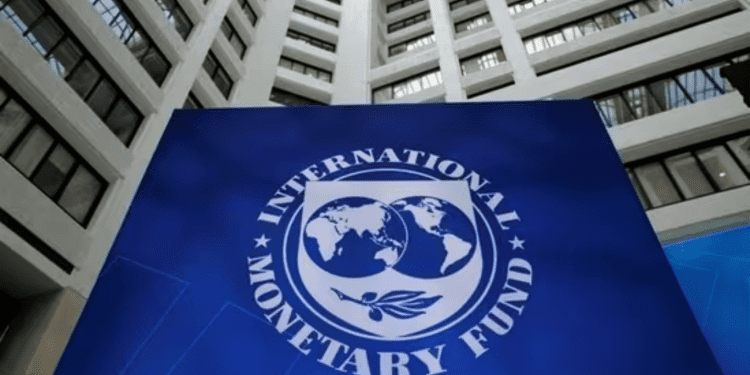- International Monetary Fund (IMF) has laid out a nine-point action plan for how countries should treat crypto assets.
- Directors agreed that crypto assets should not be granted official currency or legal tender status to safeguard monetary sovereignty and stability.
- The IMF stated that countries should establish international arrangements to enhance supervision and enforce regulations.
In a statement, the International Monetary Fund (IMF) has laid out a nine-point action plan on how countries should treat crypto assets, with point number one a plea not to give cryptocurrencies such as Bitcoin legal tender status.
Directors agreed that crypto assets should not be granted official currency or legal tender status to safeguard monetary sovereignty and stability,” the statement said, calling for countries to clarify tax treatment and align with global standards.
After the collapse of various crypto exchanges and assets over the last couple of years, the IMF noted that such efforts have become a priority for authorities adding that doing nothing was now “untenable.”
“Directors agreed that strict bans are not the first-best option, but that targeted restrictions could apply” to limit crypto risks. However, some board members think “outright bans should not be ruled out,” the statement continued.
Need for Comprehensive, Consistent, and Coordinated Response Approach To Crypto Regulation
Further, the growing adoption of crypto assets in some countries, the extra-territorial nature of crypto assets and their providers, as well as the increasing interlinkages with the financial system, motivate the need for a comprehensive, consistent, and coordinated response.
In late 2021, the IMF hit out at El Salvador when the Central American country became the first to adopt Bitcoin as a legal tender alongside the US dollar. The decision led to large-scale protests over fears it would bring instability and inflation to the impoverished Latin American country.
The IMF warned President Nayib Bukele of the risks the cryptocurrency poses to the country, stressing that obtaining a loan from the Fund would be difficult. The board’s directors have now “urged the authorities to narrow the scope of the Bitcoin law by removing Bitcoin’s legal tender status,” according to a statement.
They highlighted the “large risks associated with using Bitcoin on financial stability, financial integrity, and consumer protection” and issuing Bitcoin-backed bonds.
The IMF stated that countries should establish international arrangements to enhance supervision and enforce regulations.
Outlining its executive board’s assessment, the IMF said directors welcomed the proposals and agreed the widespread adoption of crypto assets “could undermine the effectiveness of the monetary policy, circumvent capital flow management measures, and exacerbate fiscal risks.”
The statement added that regulations shouldn’t stifle innovation, and governments can benefit from the underlying digital technology. Directors stressed the importance of addressing the significant data gaps. They emphasized the role of the Fund in monitoring risks and impacts on the international monetary system. They welcomed, in this context, the new G20 Data Gaps Initiative. Consistent recording of crypto assets in macroeconomic statistics across economies, underpinned by a reliable data framework, will be vital.














